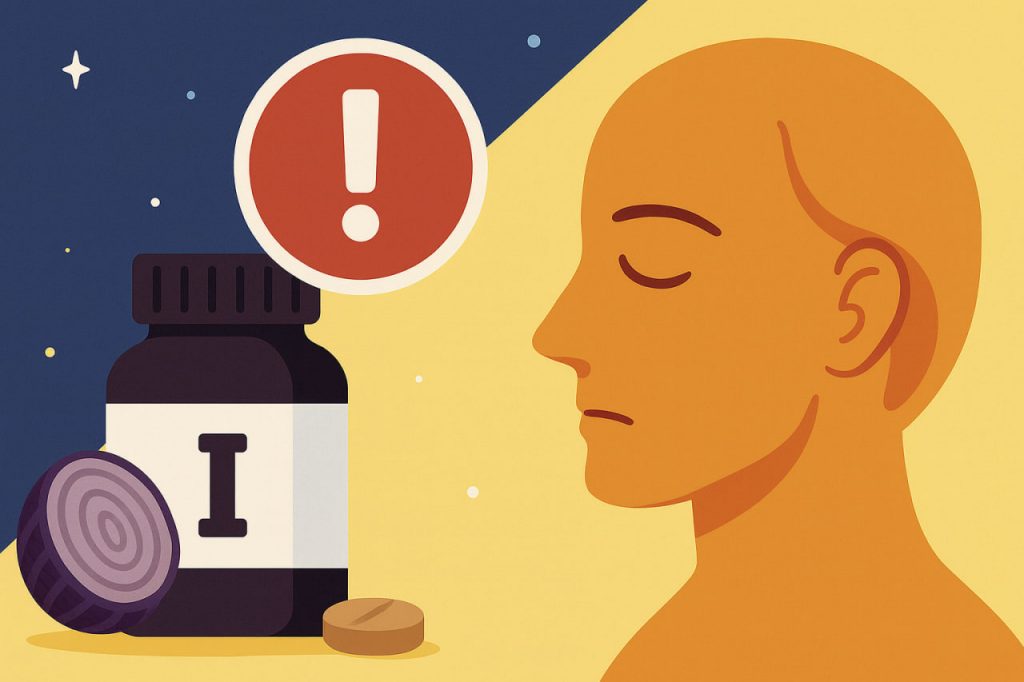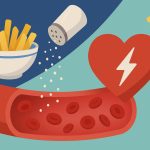Iodine is a trace mineral essential for the production of thyroid hormones, which regulate metabolism, growth, and development. Although needed in small amounts, insufficient iodine intake can lead to serious health problems, especially affecting the thyroid gland.
Role of Iodine in the Body
Iodine is a key component of thyroxine (T4) and triiodothyronine (T3), the hormones produced by the thyroid gland. These hormones influence:
- Metabolic rate.
- Growth and brain development.
- Regulation of body temperature.
- Heart and digestive function.
Causes of Iodine Deficiency
- Low iodine in soil and water – common in inland and mountainous regions.
- Lack of iodized salt in the diet.
- Certain foods (like cassava and millet) can interfere with iodine absorption if eaten in excess.
- Increased needs during pregnancy and breastfeeding.
Health Consequences
- Goiter
The thyroid gland enlarges in an attempt to capture more iodine from the blood, leading to visible swelling in the neck. - Hypothyroidism
Insufficient thyroid hormone production causes fatigue, weight gain, dry skin, and sensitivity to cold. - Developmental Delays in Children
In severe cases, iodine deficiency during pregnancy can lead to cretinism, characterized by intellectual disability, hearing loss, and stunted growth. - Impaired Cognitive Function
Even mild deficiency in children can reduce learning ability and school performance. - Pregnancy Complications
Increased risk of miscarriage, stillbirth, and developmental problems in the fetus.
Prevention and Management
- Use iodized salt in cooking.
- Eat foods naturally rich in iodine, such as sea fish, shellfish, dairy products, and seaweed.
- Monitor iodine intake during pregnancy and lactation under medical supervision.
Conclusion
Iodine deficiency is preventable through proper nutrition and public health measures like salt iodization. Ensuring adequate intake supports healthy thyroid function, brain development, and overall well-being.
Glossary
- Thyroxine (T4) – A thyroid hormone that regulates metabolism.
- Triiodothyronine (T3) – A more active thyroid hormone that controls many body processes.
- Goiter – Enlargement of the thyroid gland.
- Hypothyroidism – A condition where the thyroid produces too little hormone.
- Cretinism – Severe developmental disorder caused by extreme iodine deficiency during pregnancy.


